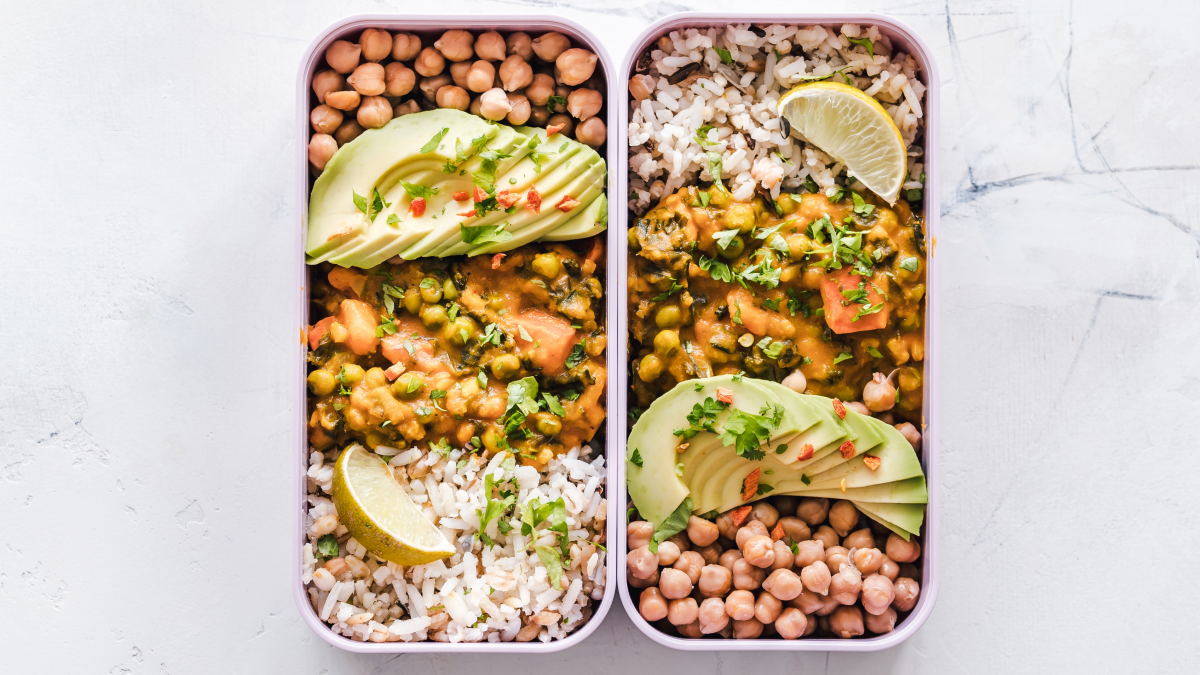
What is a Vegan Diet?
Most of us know what it means to be vegetarian – it’s when you don’t consume any meat, fish or poultry.
However, a vegan diet does not include any animal byproducts such as eggs, dairy, and honey. Unlike vegetarians or keto dieters, people who lead a vegan lifestyle also avoid leather, fur, silk, wool, and beauty products that contain animal products.
Vegan diet’s health, ethical, and environmental benefits are highly compelling and inspirational. With its growing awareness within the health community, the diet has become extremely popular.
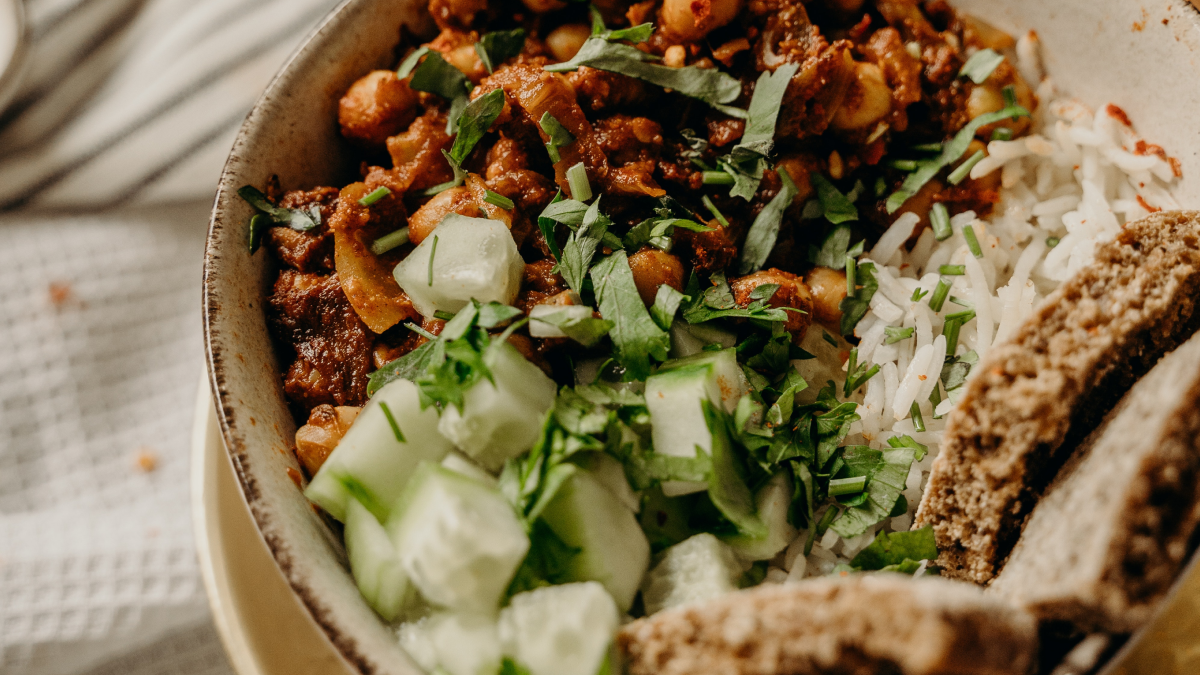
If you check all the right boxes, eating a vegan diet can produce health benefits such as a trimmer tummy and better blood sugar control. However, if done incorrectly, you might find yourself at risk of nutrient deficiencies.
To make sure you’re approaching a vegan diet with care, here’s the low-down on a vegan diet.
Food to Avoid on a Vegan Diet
As mentioned above, there are certain foods that you should avoid when eating a vegan diet. While it’s easy to remember that some food such as all meat and animal byproducts are a no-go, it might be more difficult to tell for other food groups or condiments.
To make things easier, here’s a list of food to avoid on a vegan diet:
- Red meat such as beef, pork, and lamb
- Poultry such as chicken and duck
- Seafood such as fish, crabs, and clams
- Eggs
- Dairy products such as milk, cheese, and butter
- Mayonnaise (contains egg yolks)
- Honey
- Whey, casein, lactose (comes from milk)
- Gelatin (comes from animal bones and hooves)
- Shellac and carmine (comes from bugs)
- Animal-derived vitamin D3
- Fish-derived Omega-3 fatty acids
Foods You Can Eat on a Vegan Diet
Seeing that list might’ve made you more eager to transition into a vegan diet, but you’re also probably thinking, “So, is there anything I can eat?”
There’s plenty!
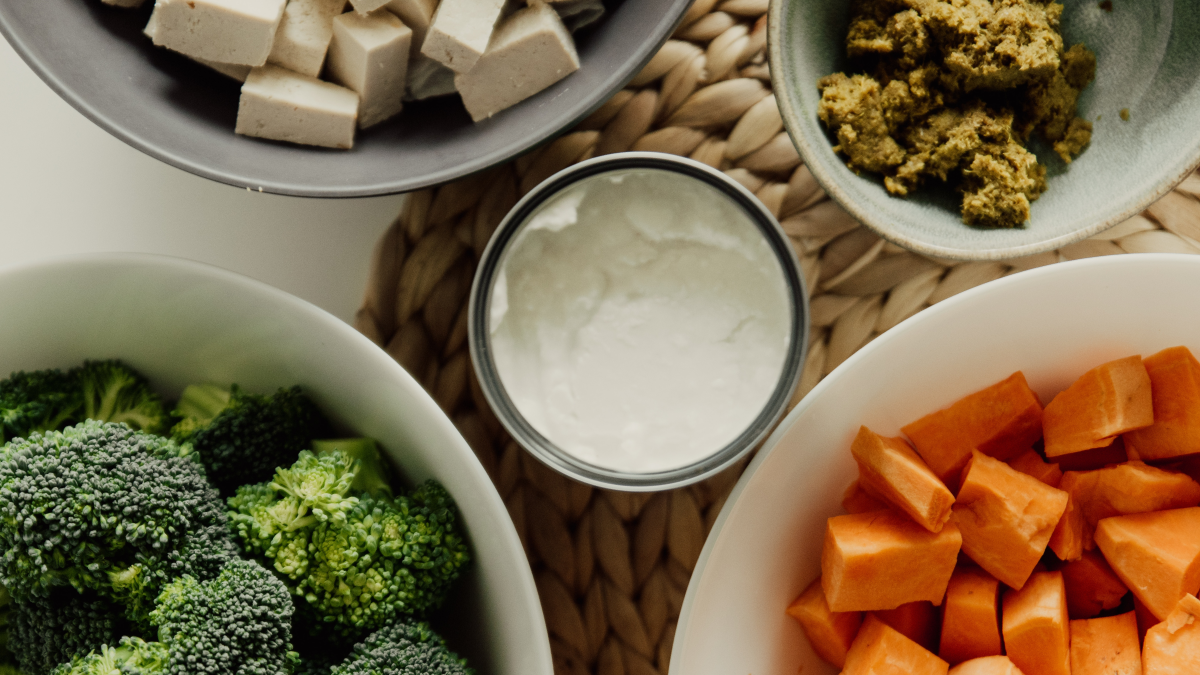
Here are just a few:
- Staple carbs like bread, rice, and pasta
- Grains such as
- Vegetable protein such as tofu, tempeh, and seitan
- Fresh produce such as fruits and vegetables
- Nuts, seeds, and legumes
- Nutritional yeast
- Algae
- Meat substitutes
Types of vegan diets
- Whole-food vegan diet: Fruits, vegetables, grains, and limited processed food
- Raw vegan diet: Unprocessed food with minimal cooking or cooking on low heat
- Fruitarian vegan diet: Mainly fruit with some vegetables, nuts, and seeds
- Starch solution vegan diet: High-carb low-fat vegan with whole doofs, no oil, no processed food, and limited sugar
- “Raw-till-4” vegan diet: Raw vegan diet until 4 pm, then a cooked vegan meal for dinner
- Junk food vegan diet: Processed vegan food and snacks
If you’re wondering which is the best vegan diet, there’s none. The best diet is always one that you enjoy and can adhere to in the long run.
However, it is important to note that you should consult your health professional if you want to go on a fruitarian or raw vegan diet as there are more food limitations.
Health Benefits of a Vegan Diet
Vegan diets usually comprise of more nutrients, less saturated fats, more whole foods, and less processed foods. As a result, there are many benefits that come with eating a vegan diet.
Here are some of the most common health benefits of going vegan.
1. A vegan diet improves heart health and reduces the risk of heart disease
Plant foods are rich in heart-healthy nutrients such as fibre, folic acid, and monosaturated fat, which is harder to find in processed meat. Instead, processed meat contains more saturated fat, carnitine, and cholesterol that can be harmful to health when consumed in large amounts.
The American Heart Association published a study in 2014 that shows how the consumption of red meat affects one’s risk of heart failure. The study showed that men between the ages of 45 to 79 who consumed 75 grams or more of processed red meat per day had a higher risk of heart failure than men who consumed less than 25 grams.
2. A vegan diet reduces blood sugar level and the risk of type 2 diabetes
Due to the increase in fibre and decrease in cholesterol and saturated fat intake, eating plant-based can help to lower your blood sugar level and manage diabetes.
A 2017 study highlighted evidence from observational and interventional studies that linked a plant-based diet with a lower risk of type 2 diabetes.
3. A vegan diet lowers the risk of cancer
Research shows that following a vegan diet is linked to lower cancer rates, possibly because fruits, vegetables, nuts, and grains are full of nutrients and vitamins.
A 2016 study showed that young women who ear fibre-rich diets are 25% less likely to develop breast cancer. Another study published in 2011 showed that every 10 grams of fibre consumed daily could reduce the risk of colorectal cancer by 10%.
It’s not just the increase in fibre that is good for you.
According to a report by The World Health Organization’s International Agency for Research on Cancer (IARC), red meat is “probably carcinogenic”. IARC also said that research has linked it mainly to colorectal cancer, but also prostate cancer and pancreatic cancer.
Additionally, experts concluded that for every 50 grams of processed meat you eat daily, there is an 18% increase in your risk of colorectal cancer.
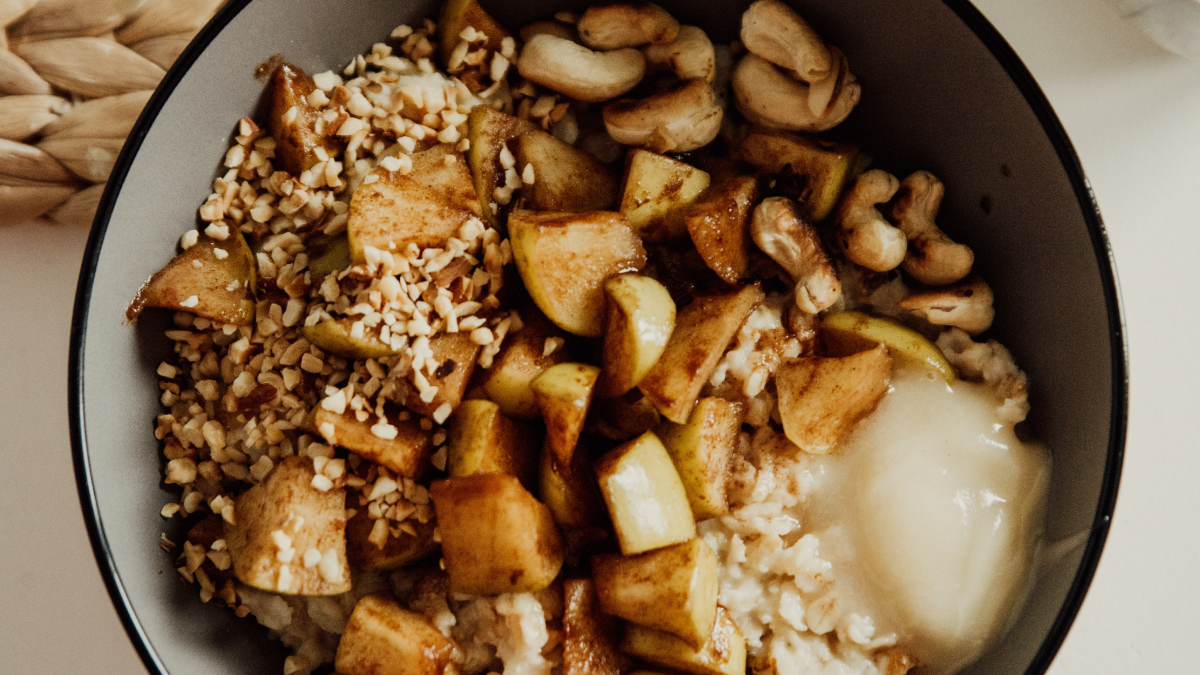
Other benefits of a vegan diet include:
- Improved kidney function and reduced risk of kidney disease
- Reduced joint pain, inflammation, stiffness, and swelling
- Lower risk of Alzheimer’s disease
- Improved gut health
Commonly Asked Questions About a Vegan Diet
1. Is there enough protein in plant-based foods?
The most common question about a vegan diet is protein intake. Contrary to popular belief, a vegan diet can be rich in protein if you consume the right food.
Plant-based options that are high in protein include:
- Seitan, 75g protein per 100g
- Pumpkin seeds, 33g protein per 100g
- Peanut butter 25g protein ber 100g
- Hemp seeds 23g protein per 100g
- Almonds, 22g protein per 100g
- Pistachios, 21g protein per 100g
- Flax seeds, 20g protein per 100g
- Tempeh, 20g protein per 100g
- Firm tofu, 18g protein per 100g
- Oats, 17g protein per 100g
- Chia seeds, 16g protein per 100g
- Cashews, 15g protein per 100g
- Hazelnuts, 15g protein per 100g
- Walnuts, 15g protein per 100g
- Soybeans, 13g protein per 100g
- Pecans, 10g protein per 100g
- Lentils, 9g protein per 100g
- Chickpeas, 9g protein per 100g
- Whole grain bread, 9g protein per 100g
You can easily pin them against non-vegan counterparts like chicken breast (31g protein per 100g), beef (26g protein per 100g), pork chop (24g protein per 100g), canned tuna (25g protein per 100g), and smoked salmon (18g protein per 100g).
2. How do I order in restaurants?
Eating out is daunting to new vegans, but it’s easier than you think. To begin, check out reviews online or on vegan-friendly apps such as Happy Cow, so you have some knowledge of the vegan restaurants around your area. This way, you can suggest restaurants when you have meetups with friends.
If you’re going somewhere unfamiliar, check out their menu beforehand, so you know what to expect and order. You can also call the restaurant in advance to ask for vegan options, so you feel prepared when you’re there.
Not all restaurants have vegan menus, but most have vegetarian options. You can opt for those and ask them to swap out eggs, honey, and other animal byproducts for something plant-based.
Finally, if options are limited, check out the sides and starters. Usually, there are many greens there, so you’ll have to learn how to get creative with your order.
3. Will I lose weight on a vegan diet?
Many people who start eating plant-based see a decrease in body fat percentage and body mass index.
A 2015 study found that vegan diets may be more effective for weight loss compared to omnivorous, semi-vegetarian, and pesco-vegetarian diets.
This could be due to the fact that vegan diets are rich in macronutrients and are usually lower in fat and calories than animal foods.
However, weight loss is unlikely to happen for those who eat a junk food vegan diet that consists of processed fatty foods.
The takeaway
Now that you’re equipped with the knowledge to take on the vegan diet, go forth and experiment with new healthy recipes that ensure your daily nutrient requirements are met.
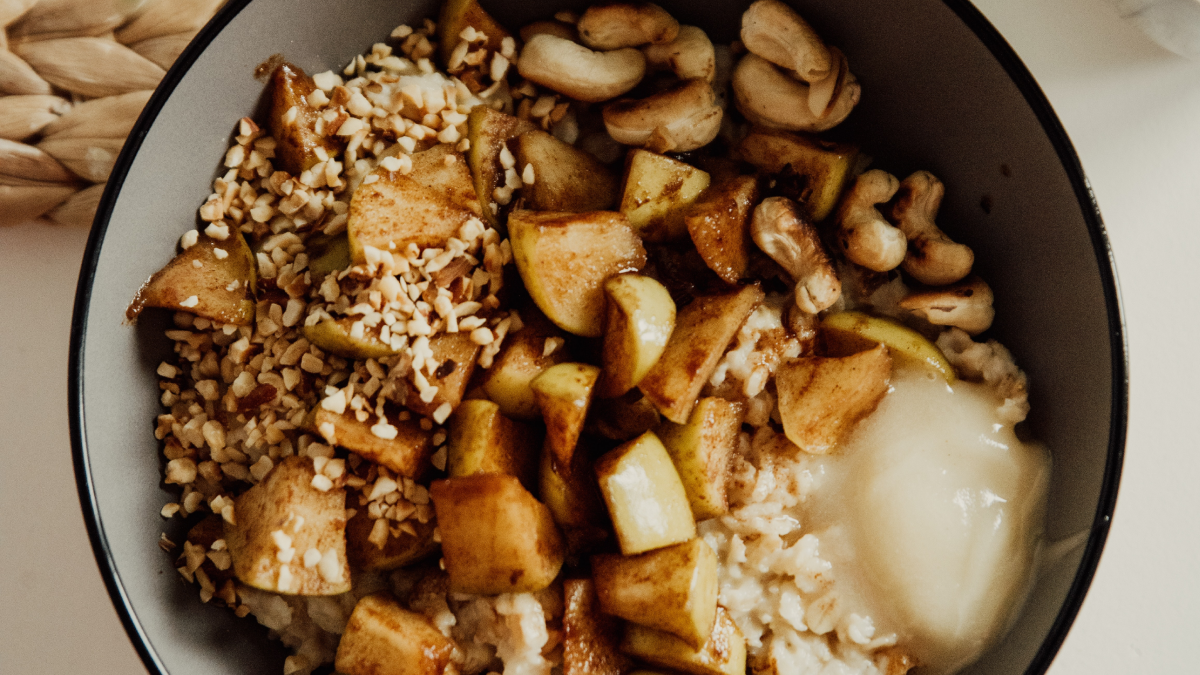
Like all diets, the vegan diet requires discipline and dedication. Don’t expect to see changes overnight, and don’t lose steam if you don’t see any physical changes. Many a time, change starts from within.
If you decide to embark on a vegan diet, be sure to consult your health professional first.






Comments are closed.